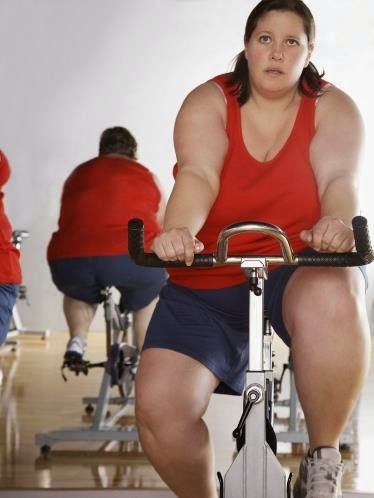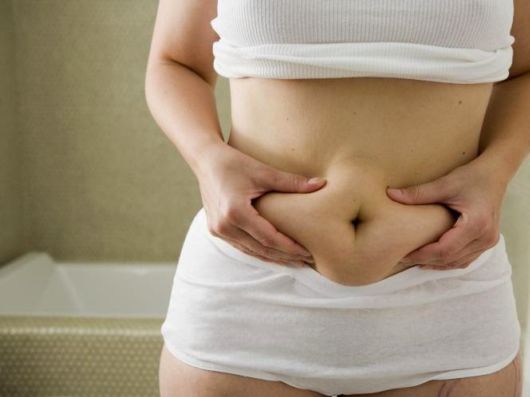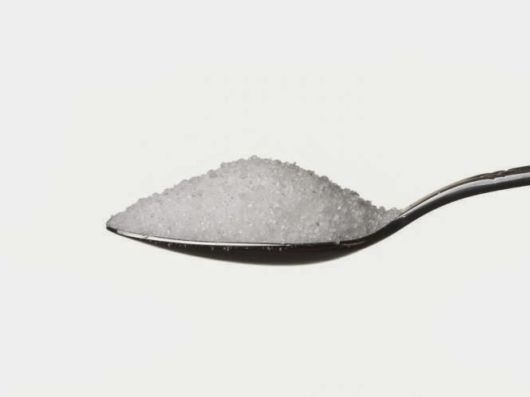
If you watch what you eat and exercise but can’t shift the weight, perhaps one of these factors could be to blame?

Not sleeping well? It could be affecting your appetite. People who get five hours sleep had 15% more ghrelin (the hormone which increases hunger) and 15% less leptin (the hormone which suppress appetite), than those who sleep for eight hours, according to one study.

It?s not just increased appetite you have to worry about. Another study found that sleep deprivation causes us to crave carbohydrates and calorie-dense foods – leading us to eat as many as 900 extra calories a day.

Researchers at Yale University found that women who store abdominal fat have higher levels of stress and anxiety compared to those who carry fat around their hips. When we’re stressed, we release a hormone called cortisol, which makes us store fat in case of famine

Couples who live together are more likely to be overweight. According to researchers at the University of Western Australia, women on average gain just under two kilos (four pounds).

Some scientists believe ?obesogens? – chemicals and manufactured additives in the environment – can alter the way our bodies store fat. Examples include phthalates, found in plastics, and antimicrobial agents found in everything from wood preservatives to paint.

Always exercising but without results? A study of 500 volunteers found that a fifth of us have inherited the ‘unfitness gene’. As well as having significant impact on our aerobic fitness, our genetic makeup also affects our ability to burn fat through exercise.

Likewise, it seems there could be a ?fat? gene. There?s an 80 per cent chance you’ll be overweight if both your parents are obese. If one of your parents is obese there is a 40 per cent chance you will also be overweight, say scientists.

If you often feel bloated, your body could be struggling to metabolise a food it is sensitive to, causing weight gain and fluid retention. Wheat and dairy products are often to blame.

Hair loss, facial hair growth, acne and irregular periods ? along with weight gain ? are symptoms of Polycystic Ovarian Syndrome. The condition, which can cause infertility, affects between five and 10 per cent of all women of childbearing age.

Do you suffer with cold hands, dry hair and constipation – and feel irritable, depressed and tired? These are all symptoms of hypothyroidism ? which can also cause weight gain.

Steroids, anti-depressants, the contraceptive pill, HRT, drugs for type II diabetes and allergies can all cause weight gain. Never stop taking prescribed medicines without talking to your doctor first.

Artificial sweeteners may contain zero calories, but some experts believe they may affect our hunger hormones, programming the brain to seek out sugar.

Certain ‘man-made’ foods can trick our bodies into over eating, according to some studies. Animal experiments found that linoleic acid, found in some oils, causes the brains of lab mice to become ‘stuck’ in feeding mode.

Sleeping even in dim lighting can cause weight gain, say researchers. Light interferes with the release of melatonin and can raise levels of cortisol. Experts suggest sleeping in the pitch dark and keeping electrical equipment at least three feet away.

Is your bedroom too warm? The body needs to cool down in order for melatonin and growth-hormones to be released. If it?s too warm, you won’t burn fat while you sleep.

